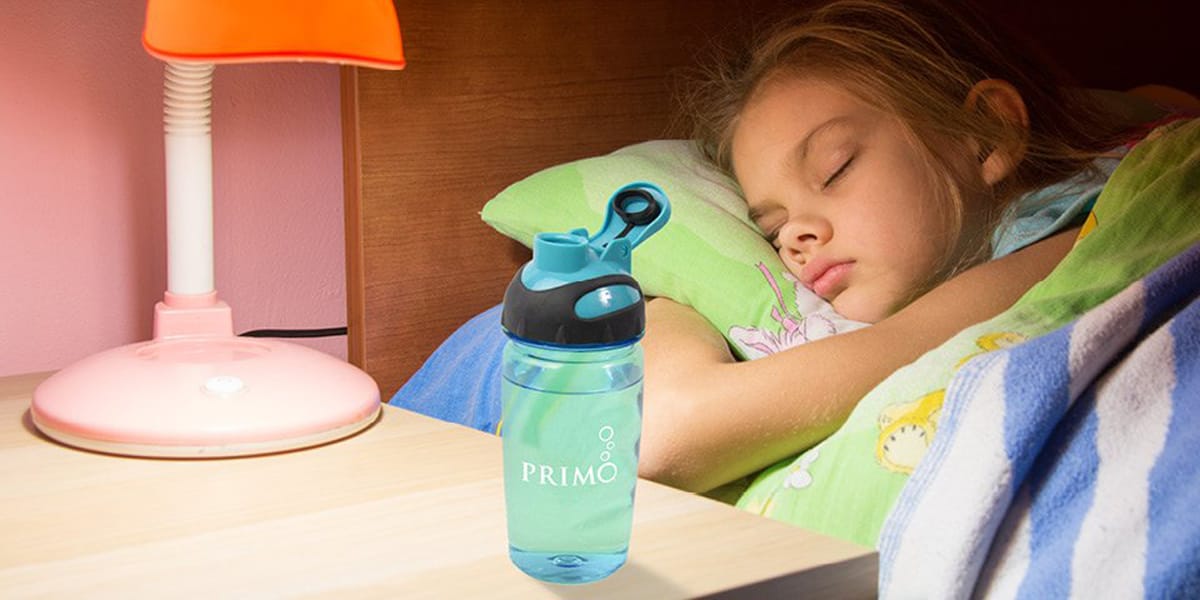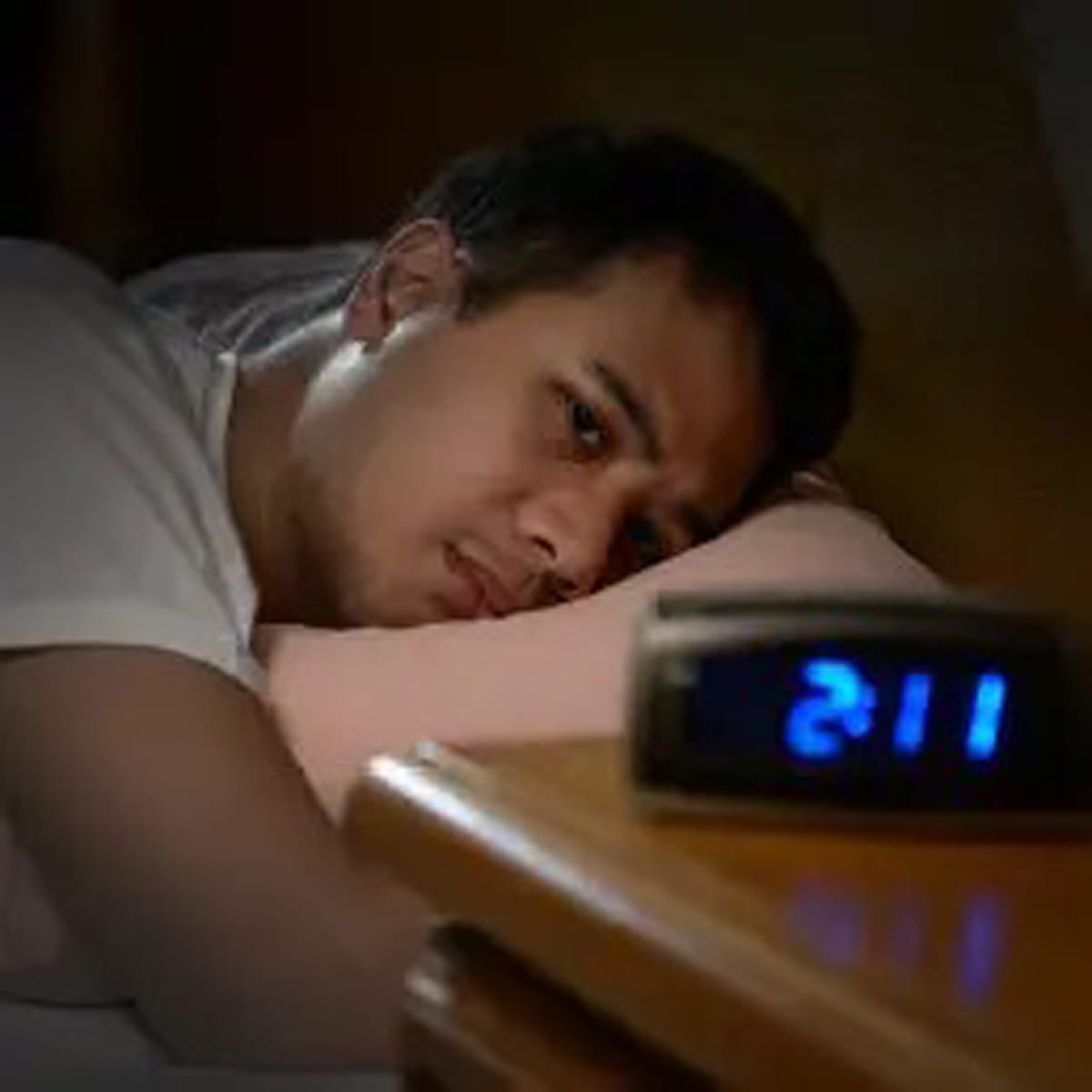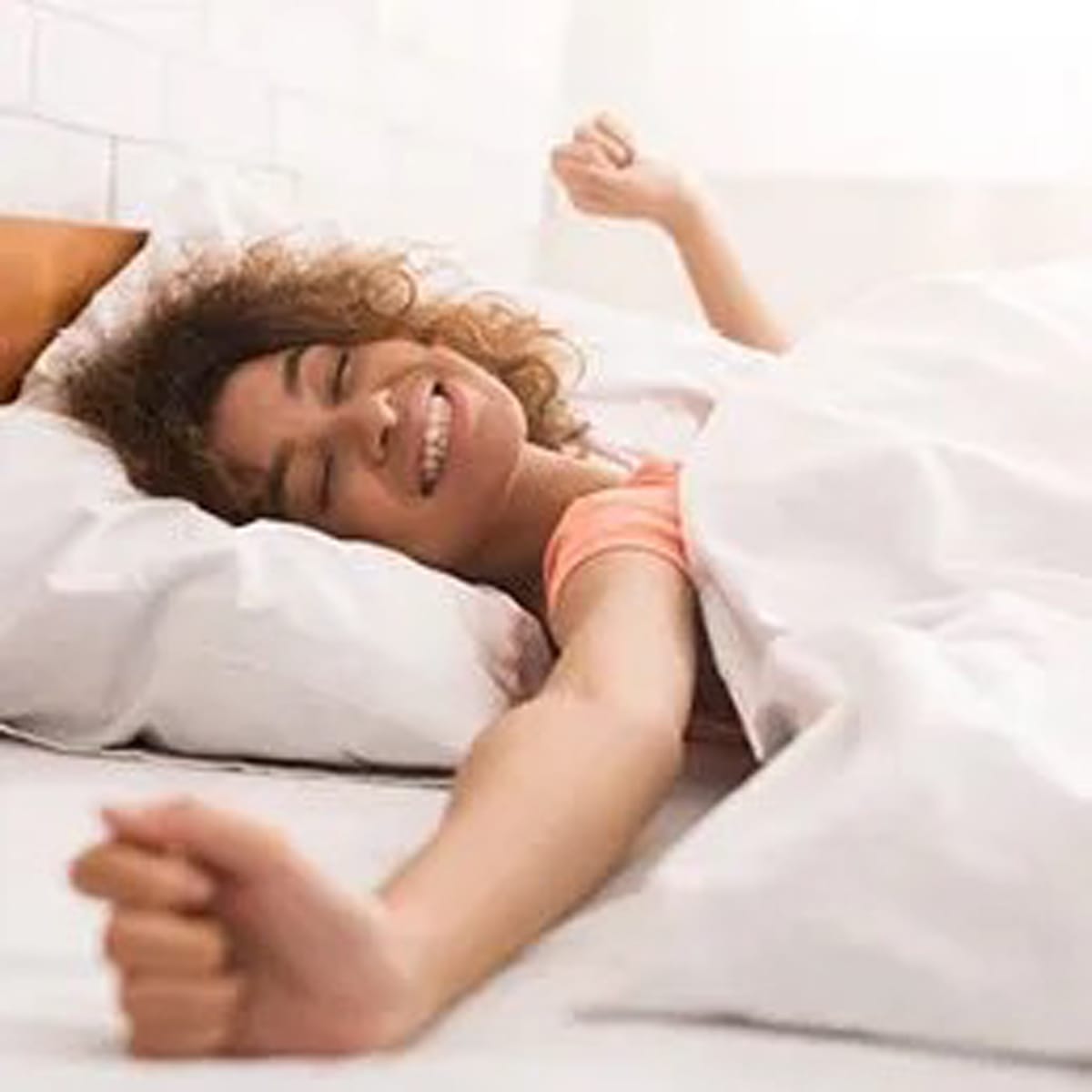Sleep & Hydration: Rest Right with Water by Your Side

Have you been hitting snooze more often than usual? Tossing and turning at night? Finding that one cup of coffee just doesn’t wake you up anymore? It might be time to start drinking more water.
We know it sounds weird, but sleep and hydration are more intertwined than you think.
Your Sleep and Water

Sleep and hydration definitely have a surprisingly strong influence on one another. According to the Sleep Foundation:
Dehydration may create barriers to sleep, and insufficient sleep may increase the chances of being dehydrated.1
Even when you tuck into bed at an early hour, dehydration can make falling and staying asleep a struggle. Dehydration symptoms, like headaches, dry mouth and sinuses, or muscle cramps,2 often act to prevent quality sleep. Then poor quality sleep may affect your hydration the following day to create a vicious, sleepy cycle. So what’s the solution?
Hydrate Throughout the Day for the Best Sleep

Drinking your recommended daily regimen of Primo water is an obvious start to maintaining a healthy sleep/hydration relationship. Some people like to drink a glass of water right before they go to bed. It might make sense, but this practice is not actually recommended by health experts.
Their main concern is nocturia,3 which is medical speak for having to pee a lot at night. There are a number of things that can cause nocturia, and excessive fluid consumption is definitely one of them. So, fight the temptation to drink that glass of water on the nightstand. Better to leave it for the morning and drink water consistently throughout the daytime hours rather than into the evening.
What should you be doing before bed instead? Here are a few suggestions for your bedtime routine:
- Avoid vigorous activity an hour before bedtime4
- Taper off your water or fluid intake an hour or two before going to sleep3
- Limit caffeine and alcohol at night and stop tobacco use5
- Do light, calming activities such as gentle yoga and stretching, reading and listening to soothing music4
- Use the bathroom before going to bed3
You should focus on getting quality sleep. That means setting a comfortable bedroom temperature (not too hot), covering your windows to block out as much light as possible and keeping your electronic devices out of bed.4
Sleep Great Living the Primo Water Lifestyle
If you want to maximize the quality of sleep, it’s helpful to have access to great-tasting, purified water at your fingertips. That’s where Primo comes in. Join the Primo Water Lifestyle by visiting www.primowater.com.
1Suni, E., & Singh, A. (2022, April 29). Surprising Ways Your Hydration Level Affects Your Sleep. Sleep Foundation. Retrieved from https://www.sleepfoundation.org/nutrition/hydration-and-sleep
2Mayo Foundation for Medical Education and Research. (2021, October 14). Dehydration. Mayo Clinic. Retrieved from https://www.mayoclinic.org/diseases-conditions/dehydration/symptoms-causes/syc-20354086
3Mayo Foundation for Medical Education and Research. (2020, August 11). Frequent Urination. Mayo Clinic. Retrieved from https://www.mayoclinic.org/symptoms/frequent-urination/basics/definition/sym-20050712
4Harvard T.H. Chan School of Public Health. (2022, January 14). Sleep. The Nutrition Source. Retrieved from https://www.hsph.harvard.edu/nutritionsource/sleep/
5Harvard Health Publishing. (2018, June 19). 3 Simple Ways to Get More Restful Sleep. Harvard Health. Retrieved from https://www.health.harvard.edu/staying-healthy/3-ways-to-get-more-restful-sleep
